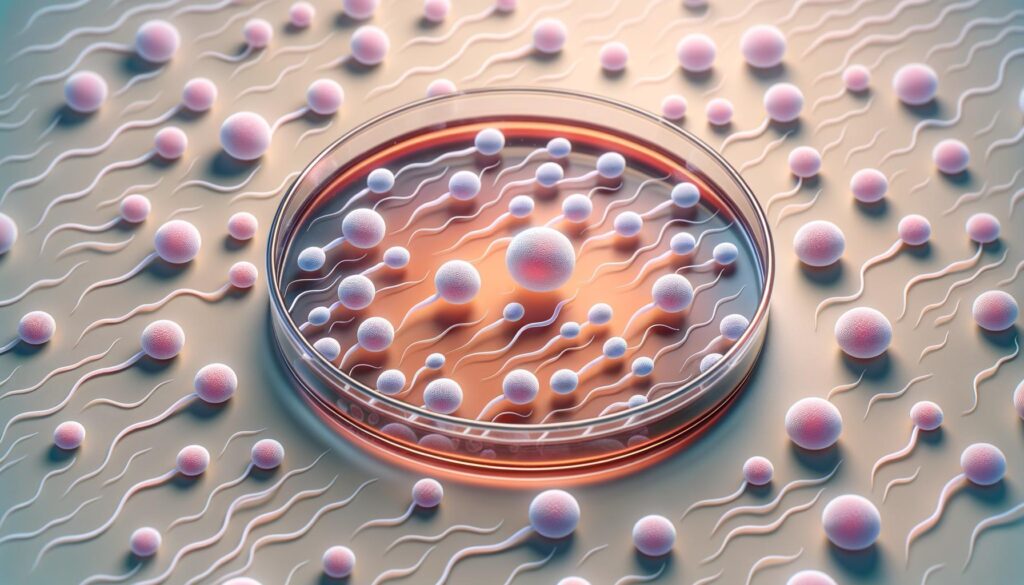Exploring the Path to Sperm Donation
Understanding Sperm Donation
Sperm donation is a process where a man donates his sperm to help individuals or couples conceive a child. This practice has been instrumental in allowing many people, including those facing infertility issues and same-sex couples, to realize their dreams of parenthood. The process typically involves a thorough screening to ensure the donor is healthy and free from genetic disorders. This screening is crucial for maintaining the health and safety of the recipients and any potential offspring. It is important for potential donors to be knowledgeable about the requirements and commitments involved in sperm donation. This includes understanding the legal implications, the need for anonymity or openness, and the medical evaluations that are part of the process.

The Sperm Donation Process
The process of sperm donation is comprehensive and involves several steps to ensure the safety and efficacy of the donation. Initially, potential donors undergo a rigorous screening process, which includes medical history reviews, physical examinations, and genetic testing. This thorough vetting process is designed to identify any potential health risks that could be passed on to the recipient or the child. Once the screening is complete, donors are required to provide sperm samples at a designated clinic. These samples are typically collected through masturbation in a private setting at the clinic. The collected samples are then analyzed for sperm quality, including motility and count, before being stored for future use.
Benefits of Sperm Donation
Sperm donation offers numerous benefits, both for the donors and the recipients. For donors, the act of donating sperm can be a fulfilling experience, knowing that they are helping others achieve their dreams of becoming parents. Additionally, many sperm banks provide compensation for donations, which can be an added incentive. For recipients, sperm donation opens up the possibility of having a child when natural conception may not be possible. It provides an option for single individuals, same-sex couples, and those with fertility challenges to build a family. Moreover, advancements in reproductive technology have allowed for greater success rates in conception using donor sperm.
Legal and Ethical Considerations
When considering sperm donation, it is essential to understand the legal and ethical implications involved. Different countries and regions have varying laws regarding donor anonymity, parental rights, and responsibilities. In some places, donors may choose to remain anonymous, while others allow for open donations where the child can contact the donor once they reach a certain age. Donors must be aware of their rights and any potential obligations they may have post-donation. Ethically, the decision to donate sperm should be made with careful consideration of the impact it may have on all parties involved, including the donor, recipient, and any future children.
How to Get Involved
If you are considering becoming a sperm donor, the first step is to contact a reputable sperm bank or fertility clinic. They will provide you with detailed information about the donor process, including the necessary screenings, legal paperwork, and donor agreements. Here are some steps to get started:
- Research local sperm banks and clinics to find one that aligns with your values and expectations.
- Schedule an initial consultation to discuss the process, requirements, and compensation.
- Complete the necessary medical evaluations and screenings.
- Understand the legal aspects and sign the donor agreement.
- Provide sperm samples as required by the clinic.
By following these steps, you can make an informed decision about whether sperm donation is the right path for you and help others in their journey to parenthood.
